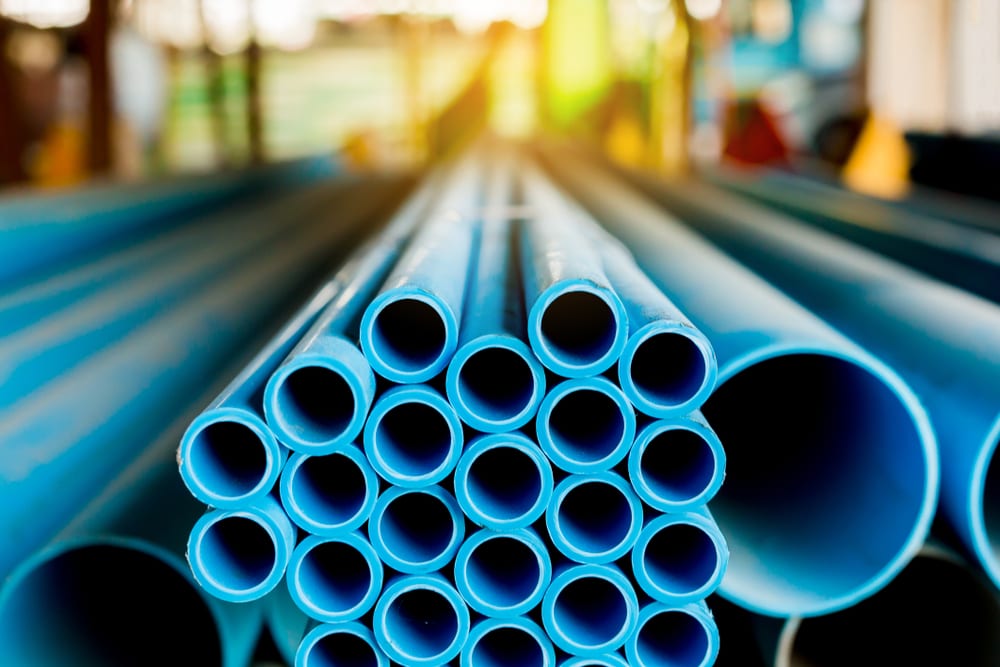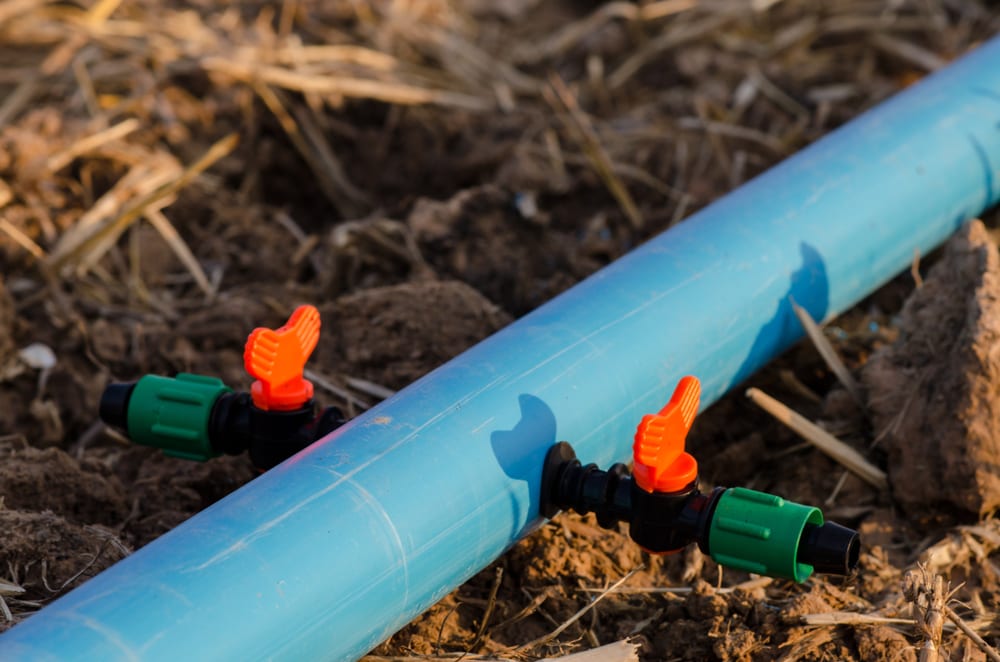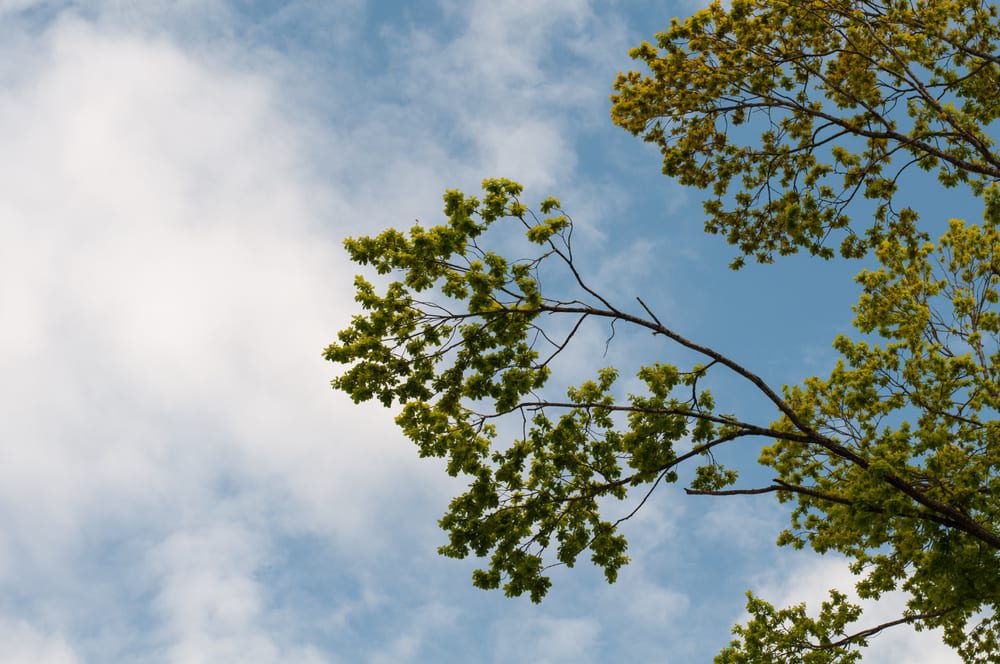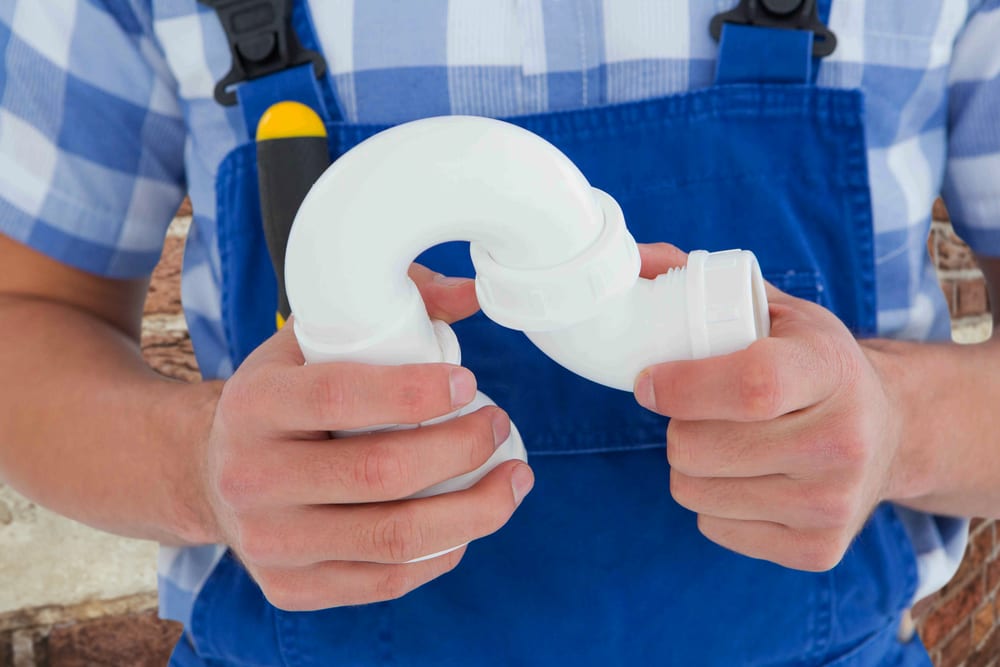
The unsung heroes of water transportation, PVC pipes are used anywhere from sewage systems to agricultural irrigation. They are one of the most versatile types of plastic pipes, and have a wide range of benefits; they are lightweight yet durable, cost-effective, and recyclable. To help you choose new pipes for your home, we have compiled a list of various types of PVC pipes and their applications.
Table of Contents
What is the Difference Between Schedule 40 and Schedule 80 PVC Pipes?
There are two main types of PVC pipe, schedule 40 and schedule 80. What makes them different is the thickness of the pipe walls. A rule of thumb when it comes to PVC pipes is that the higher the number, the thicker it is. For instance, of the two, schedule 80 has thicker walls when compared to schedule 40. Thickness matters when it comes to what the PVC pipes will be used for. Schedule 80 is better at withstanding pressure since it is thicker and therefore stronger.
Read More: 5 Signs You Need To Replace Your Old Cast Iron Pipes
What Are PVC-U Pipes?
PVC stands for polyvinyl chloride, which is what most of these pipes’ names are prefaced with. Sometimes, they will come with an additional letter at the end. The “U” in PVC-U stands for unplasticized. This means that this type of PVC pipe contains no plasticizer, which is the solvent added to the PVC material to make it flexible and to reduce brittleness. Because it does not contain this substance, PVC-U is often called rigid PVC. It is the most common type of PVC used for pipes and fittings. It is utilized for the transportation of drinking water and wastewater. They are light, easy to handle, durable, and affordable, and their lack of plasticizer makes them 100% recyclable.
What Are PVC-O Pipes?
PVC-O is molecularly oriented PVC. When PVC undergoes this production process, it turns PVC-U into a layered structure, which makes it more resistant to corrosion. PVC-O is the perfect blend of strength, stiffness, and flexibility. They have a high hydraulic capacity and durability, which makes them favorable for pressure pipes for drinking water, irrigation, and sewer pumping mains.
 What Are C-PVC Pipes?
What Are C-PVC Pipes?
C-PVC is chlorinated PVC. C-PVC has the same characteristics as PVC-U. It is engineered to transport drinking water and features excellent resistance to corrosion. The chlorination process of this type of PVC pipe makes it different in the sense that it can withstand a wider range of temperatures than other PVC. Because of this, C-PVC is commonly used in residential and commercial construction.
What Are PVC-Hi Pipes?
PVC-Hi, or High Impact PVC pipes, are conventional PVC pipes with a modifier that makes it extra resistant to external blows. To increase its durability, it is usually comprised of a mixture of compounds including PVC. It needs to have long term strength and the ability to be effective under high amounts of pressure. This type of pipe has a lot of standards and regulations to comply with before it can be officially considered as PVC-Hi. The reason for the many requirements this pipe needs to meet is because it is used mostly for the transport of natural gas, which is highly volatile.
Read More: What Are the Differences Between Heat Pumps & Furnaces?
Benefits of Using PVC Pipes
PVC pipes are universally used and are favored for their many benefits such as their durability and cost-effectiveness. Here are the main advantages of using each type of PVC piping:
Safety
PVC pipes are one of the safest pipes to use in the transport of drinking water. Because PVC has a high resistance to corrosion, it is harder for bacteria to breed on it, making it a valuable asset to public health. Additionally, the makeup of PVC turns it into a sort of barrier from contaminants to make their way into the drinking water.
 Better for the Environment
Better for the Environment
Many factors go into the environmentally friendly factor of PVC pipes. PVC is a low carbon plastic, meaning it requires less energy and fewer resources to manufacture. Because they are so light, less energy is used in their transport. PVC pipes’ smooth surface reduces pumping costs and energy use as well. And of course, PVC pipes are usually 100% recyclable, making them the most sustainable pipe out there.
Recyclable
PVC pipes are 100% recyclable. PVC can be recycled up to seven times without losing its properties. Using recycled PVC helps preserve natural resources—with each kg of PVC that is recycled, 2 kg of CO2 are saved. Recycling PVC is not only good for the environment, but it can also help local economies. Recycling PVC creates available jobs. For example, more than 1500 jobs were created in the PVC recycling sector in Europe.
Durability and Cost-Effectiveness
A huge factor of the appeal for PVC piping is the combination of lightness and durability that each pipe carries. PVC can have a service life of up to 100 years. It is so durable that it lasts decades. PVC pipe has also been shown to have a higher resistance to stressful conditions than other piping materials. PVC’s ability to last over the years means that you do not need to spend money on replacing it often. Additionally, since it is so widespread, PVC has a lower price to purchase, install, operate, and maintain.
 Water Line Repair & Installation Services
Water Line Repair & Installation Services
When it comes to pipe systems, our team of emergency plumbers is licensed to install each type of PVC pipe. We offer trustworthy water line repair and installation services to households in Jacksonville and other areas of Florida. Whether you need help installing PVC pipes, or you have a leak that needs fixing, our staff of certified technicians will resolve your problem. In addition, we offer maintenance and replacement services for broken water heaters, damaged sump pumps, cracked sewer pipes, and malfunctioning water softeners. For over 50 years, we have offered reliable plumbing services that you can count on. Give our team of certified plumbers a call by phone at (904) 217-5694 to receive assistance with installing new PVC pipes.

